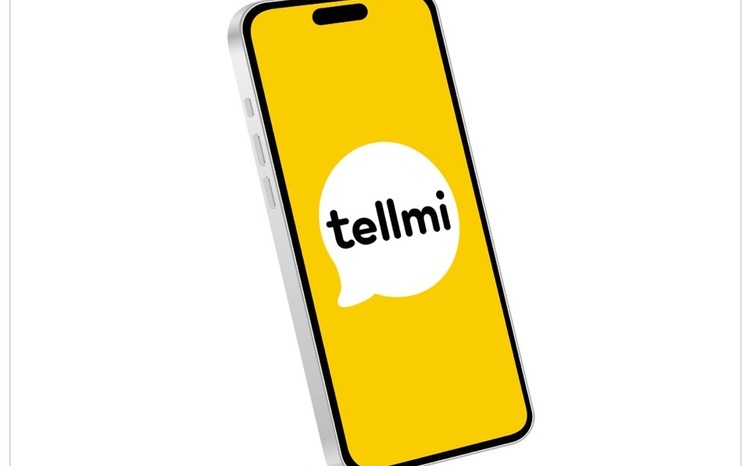Scotland builds online platform
- 28 January 2013

Scotland is building a digital platform for people with mental health problems.
The goal is for patients to develop a personalised space where they can connect with health services, keep a mood diary and chat with people suffering from similar conditions.
The platform development is part of a collaborative project called Ginsberg, involving the Scottish Government, NHS 24 and New Media Scotland.
NHS 24 clinical lead for mental health Dr Stella Clark said the project is about taking a different approach to everyday technology to support people with mental health problems, but who are not using mental health services.
It is driven by the Scottish Government Mental Health Strategy 2012-2015.
Ginsberg aims to deliver an online platform and a selection of digital products – including access to diagnostic, treatment and monitoring tools – that people can access independently of the health service.
The three-year project started last October and plans to have a basic service ready for testing by March. Users will give feedback before it is developed further.
The platform will provide information for anyone who wants to remain anonymous, but will encourage people to develop a personalised space where they can connect with others and with traditional health services.
“Not everyone will want to personalise it, but they may want to give more information about themselves and allow us to give them access to more detailed services,” Clark said.
“I don’t think it’ll pull information from IT systems, but it might push information should it be appropriate, but that depends on the level of personalisation.”
If people want to access health services the site will need to authenticate them. This piece of work is being done in conjunction with Scotland’s Dallas project, Living it up.
Clark said the platform will be built internally and ultimately hosted as part of NHS 24 services.
“Whatever we develop will be available across multiple channels, some on the web, some mobile apps and digital television eventually too,” she explained.
“We’ll probably use small enterprises to help us on the way.”




